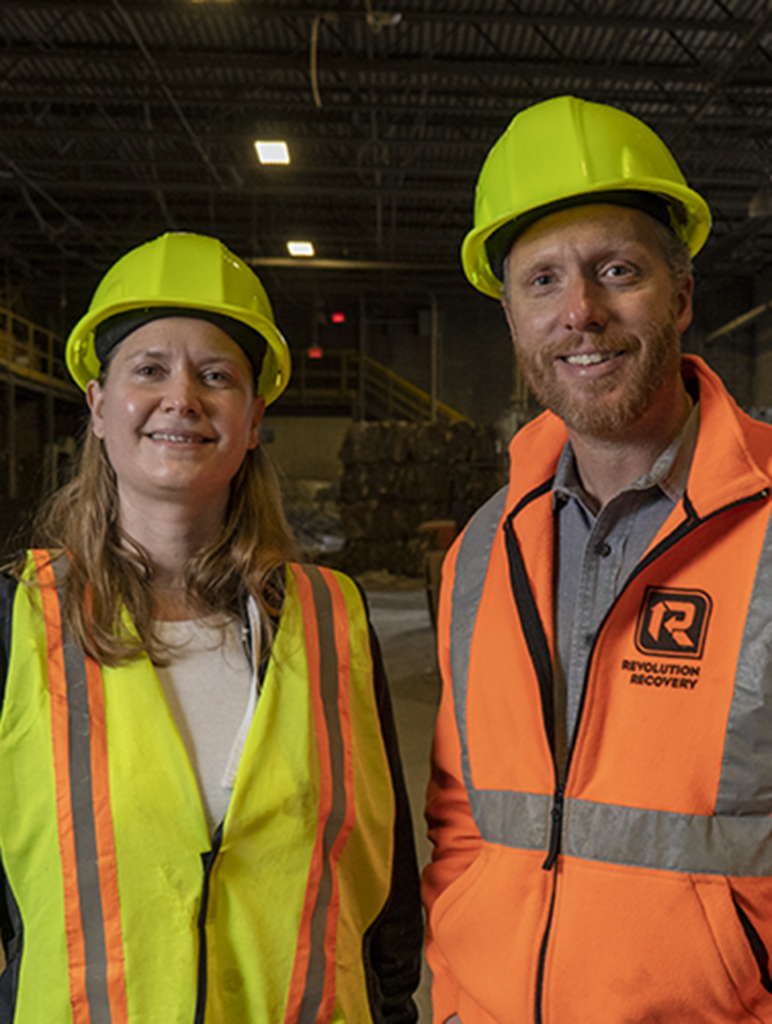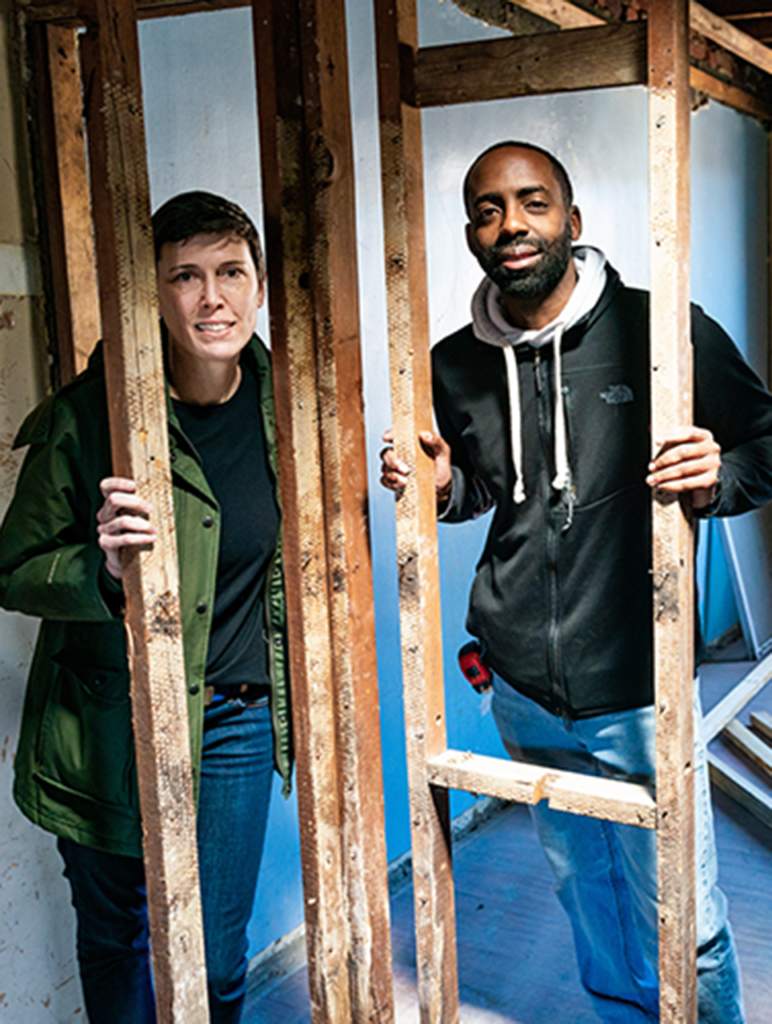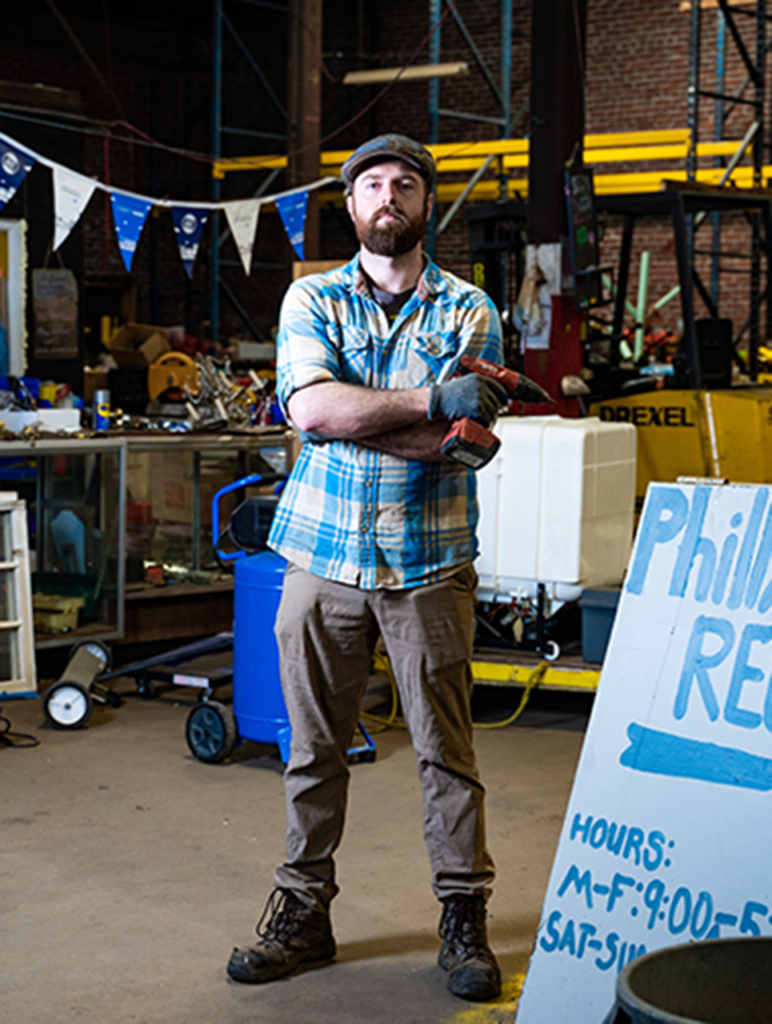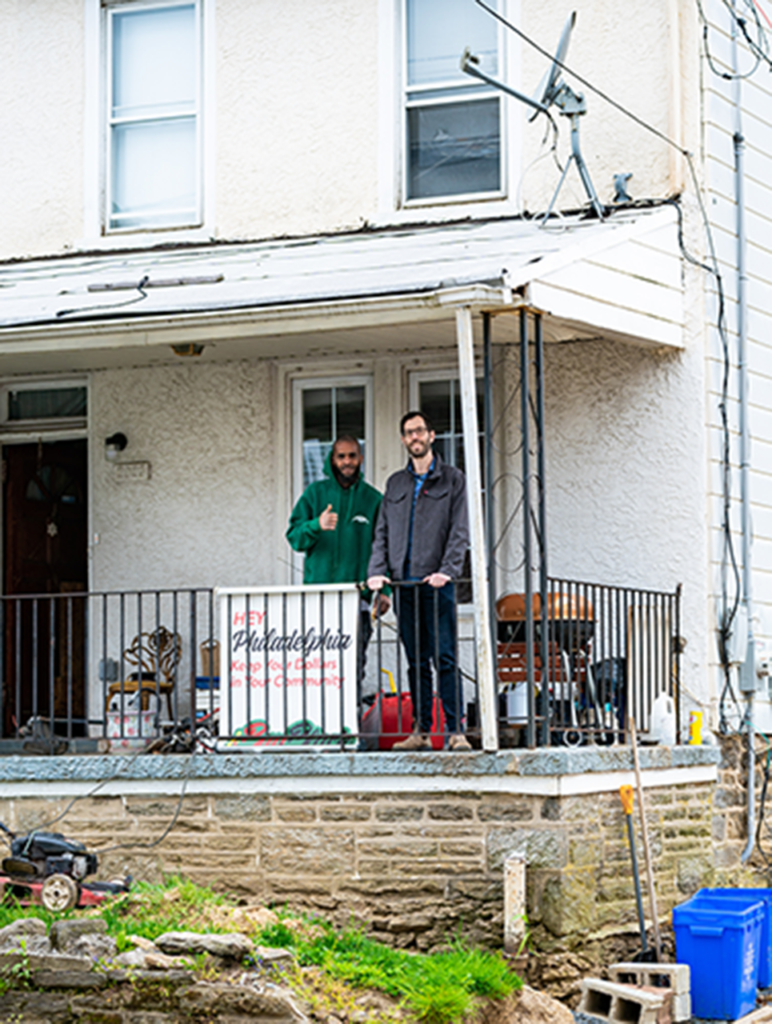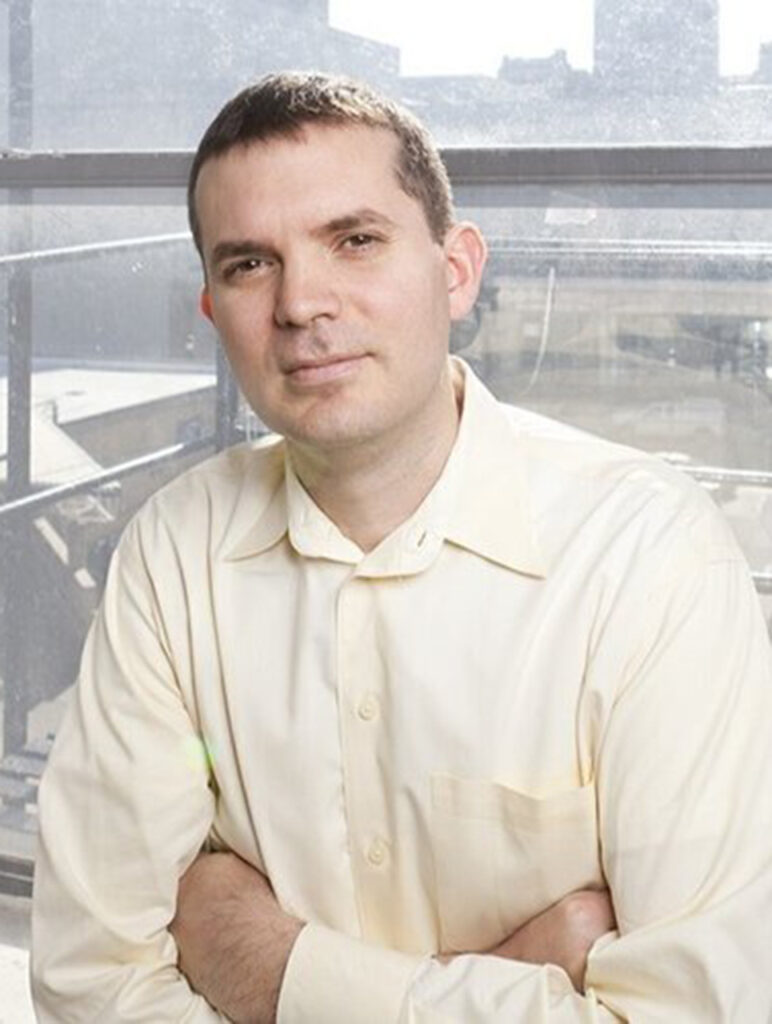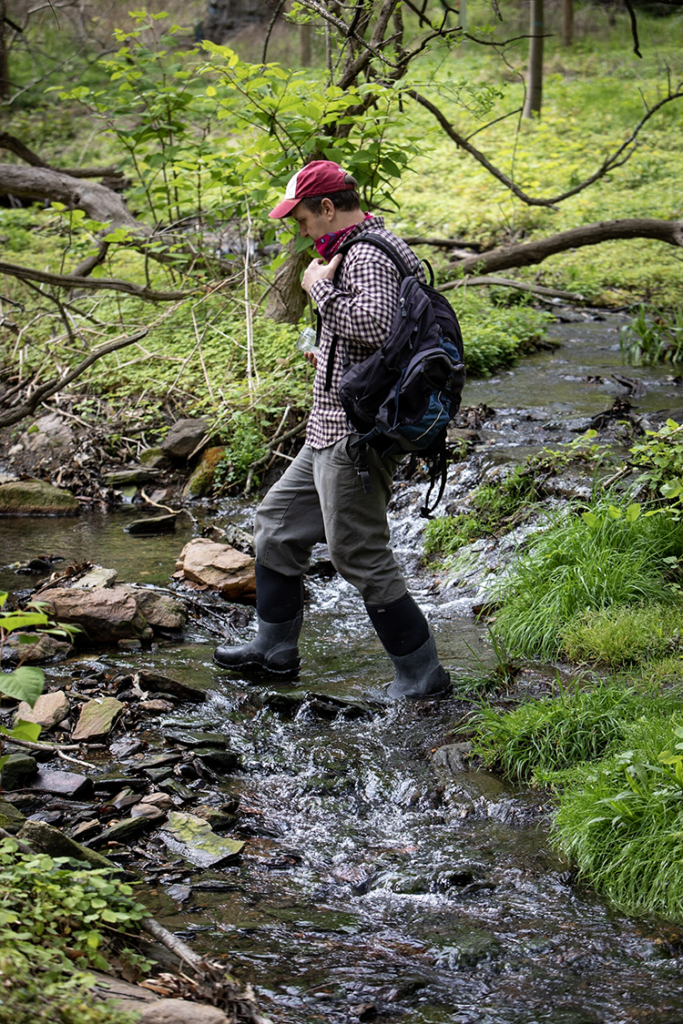Revolution Recovery was founded in 2004, borne out of cofounder Avi Golen’s shock while cleaning out construction sites and witnessing the mass amounts of drywall that contractors were throwing away. He contacted his college friend Jon Wybar and pitched him the idea to find recycling markets for these materials. Since then, Revolution Recovery has added
MoreWhen a fire truck shrieked past mere feet away from Jay Basch at two years old, his mother noticed he didn’t react. He kept looking at a store’s window display. Jay’s parents soon had him tested at the Shriners Children’s Hospital. “The doctor told them, ‘Your son is healthy in every way, except he can’t
MoreIn 2015 Mount Airy-based real estate developer Ken Weinstein decided it was time to share his success and expertise with aspiring developers. He created Jumpstart Germantown, where participants can learn from experienced developers in training programs and mentorships, as well as access a loan program that can help them purchase and renovate properties. While Weinstein
MoreThe Canadian high arctic is a great place to raise a family—if you’re a bird like the red knot. Bugs are everywhere, and the summer sun stays up pretty much all day, which means you can eat nonstop. Thanks to the long and brutal winter, there isn’t much competition from other sorts of insect-eating animals
MoreTo Greg Trainor, executive director of Philly Reclaim, deconstruction is a no-brainer. An environmentally-friendlier alternative to demolition, deconstruction diverts building materials from the landfill and enables, through reuse, preservation of the embodied energy therein. And because systematically dismantling a building is more labor-intensive than leveling it with an excavator or a wrecking ball, deconstruction promises
MoreThe nickname “B” has followed Yasmeen Brown around most of her life. She also happens to be a bug enthusiast, with a deep appreciation for bees especially. “I’m obsessed with insects that do things,” she says. “Insects that pollinate, insects that dig, ladybugs, bees … ” She always dreamt of starting a brand that uses
MorePhiladelphia’s built environment is responsible for about 70% of its carbon footprint, making it a key sector to tackle in order to meet climate goals. Building new, efficient buildings is part of the solution, but experts say there’s a practical need to work with buildings that already exist, a large percentage of which are individual
MoreThe City of Philadelphia is not serious about climate change. Yet many people who work for the city are incredibly serious about it. They are dedicated, talented and passionate civil servants. Leadership, on the other hand, is lacking. The result is a mishmash of positive programs trying to methodically tackle the challenges we face colliding
MoreOver the last decade I have searched abandoned riverfront properties for skinks and black rat snakes, spooking deer and watching warblers, as I climbed over riprap shorelines and picked my way across the rotting timbers of overgrown piers. A city in decay offers the naturalist unlimited opportunities, while a city on the rise takes them
MoreThe challenges of climate change can seem overwhelming, but the city can take clear steps to protect the most vulnerable renters and homeowners while enforcing existing development standards. To do this, we need to look inside and outside of the home. When construction or demolition is taking place, dangerous substances like asbestos and lead can
More

